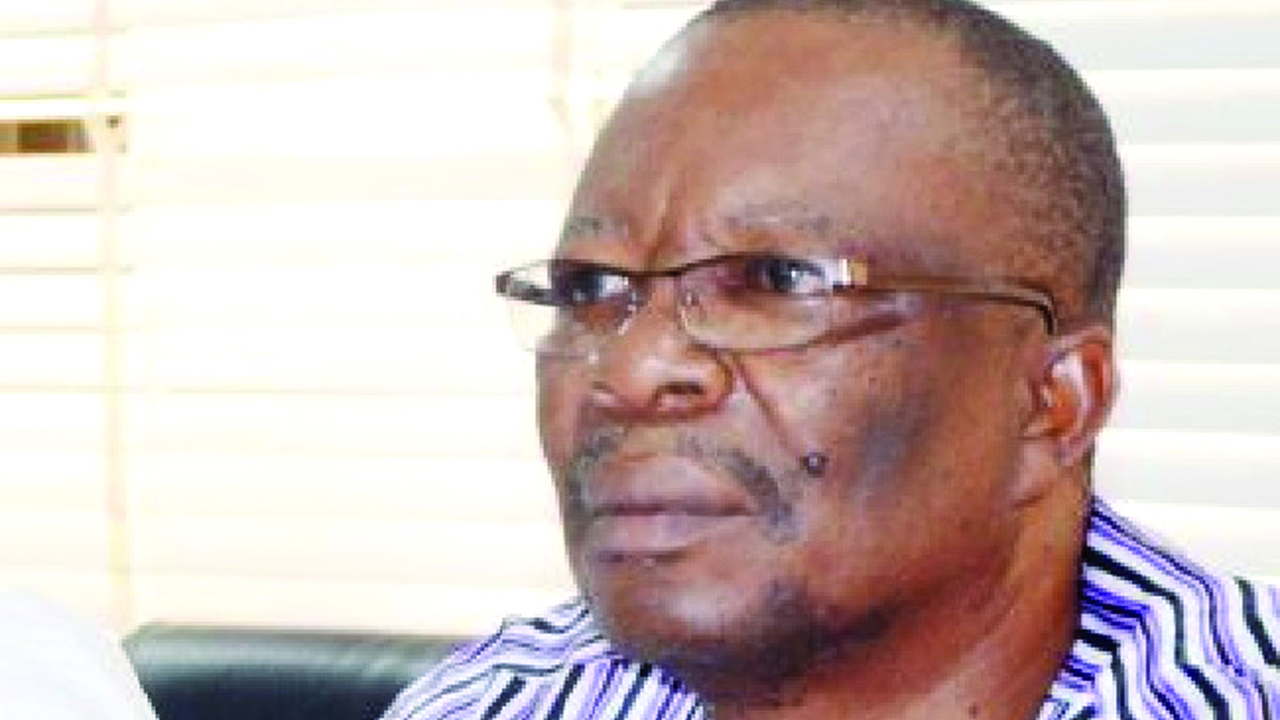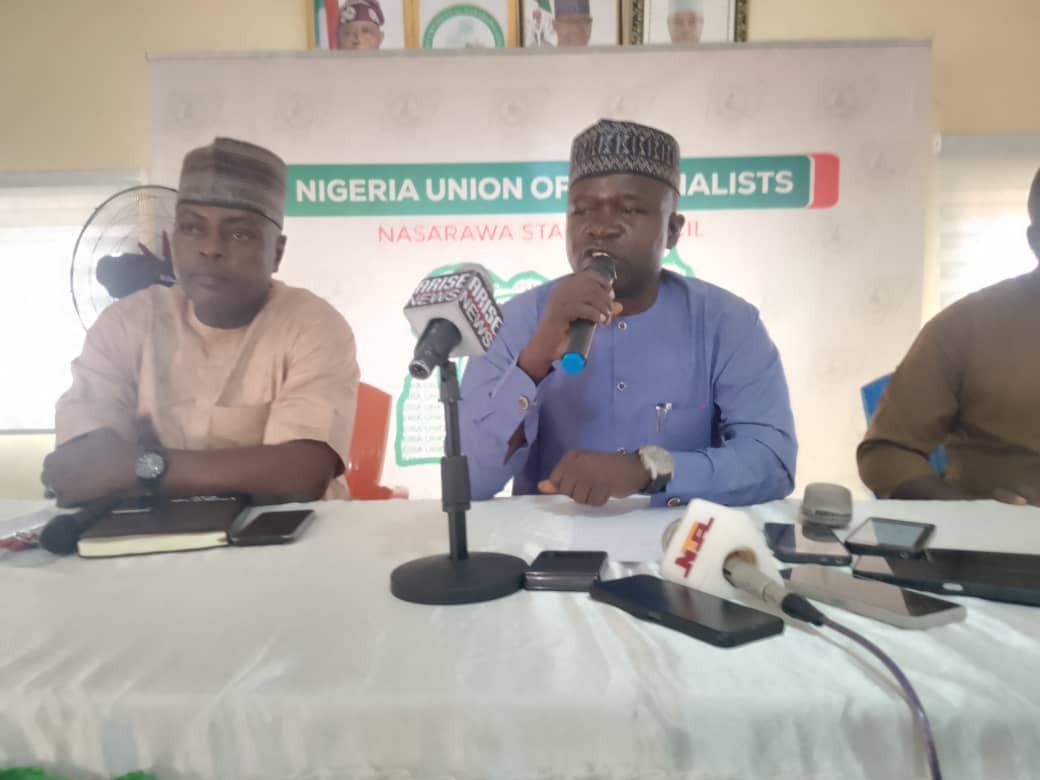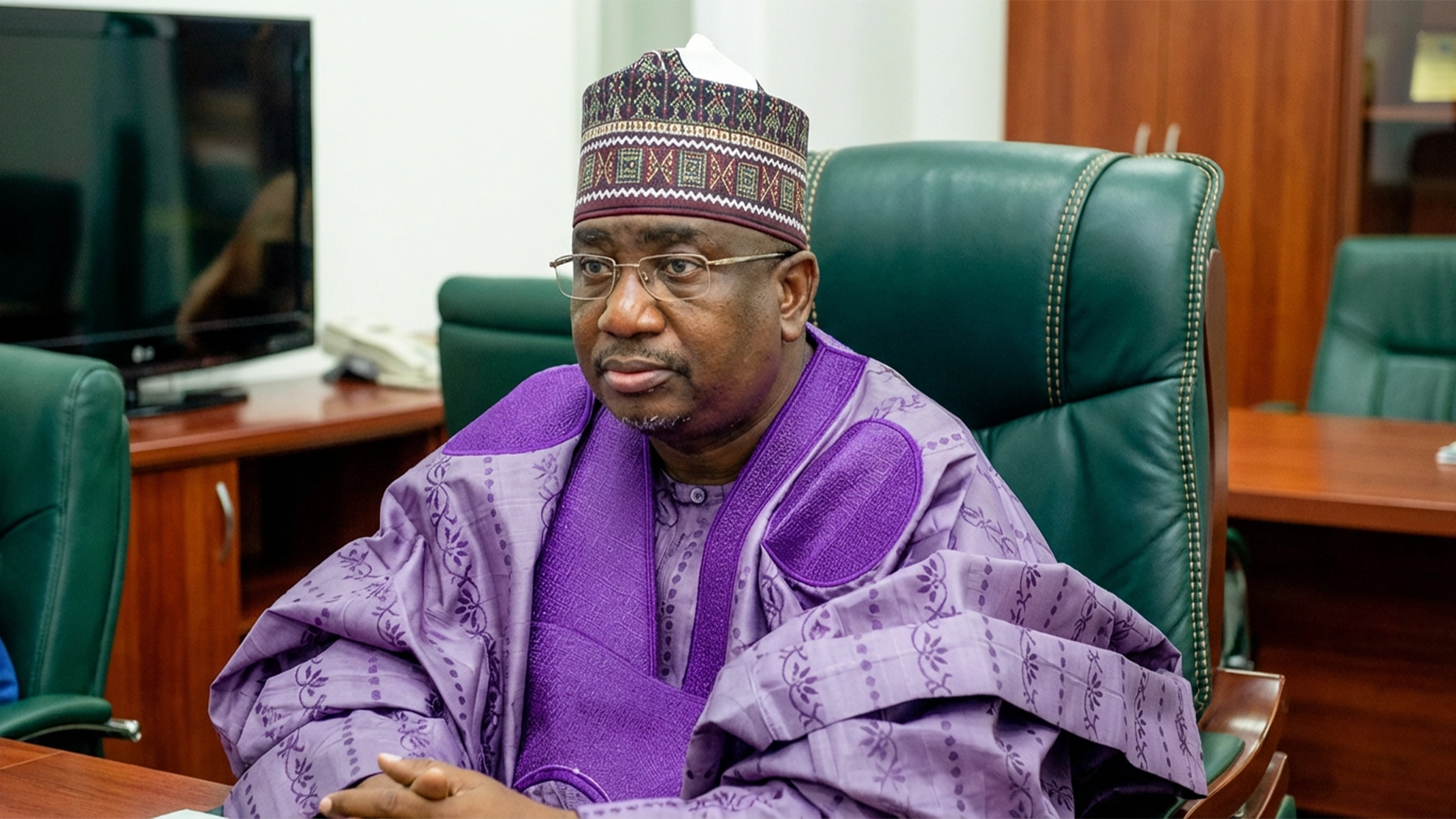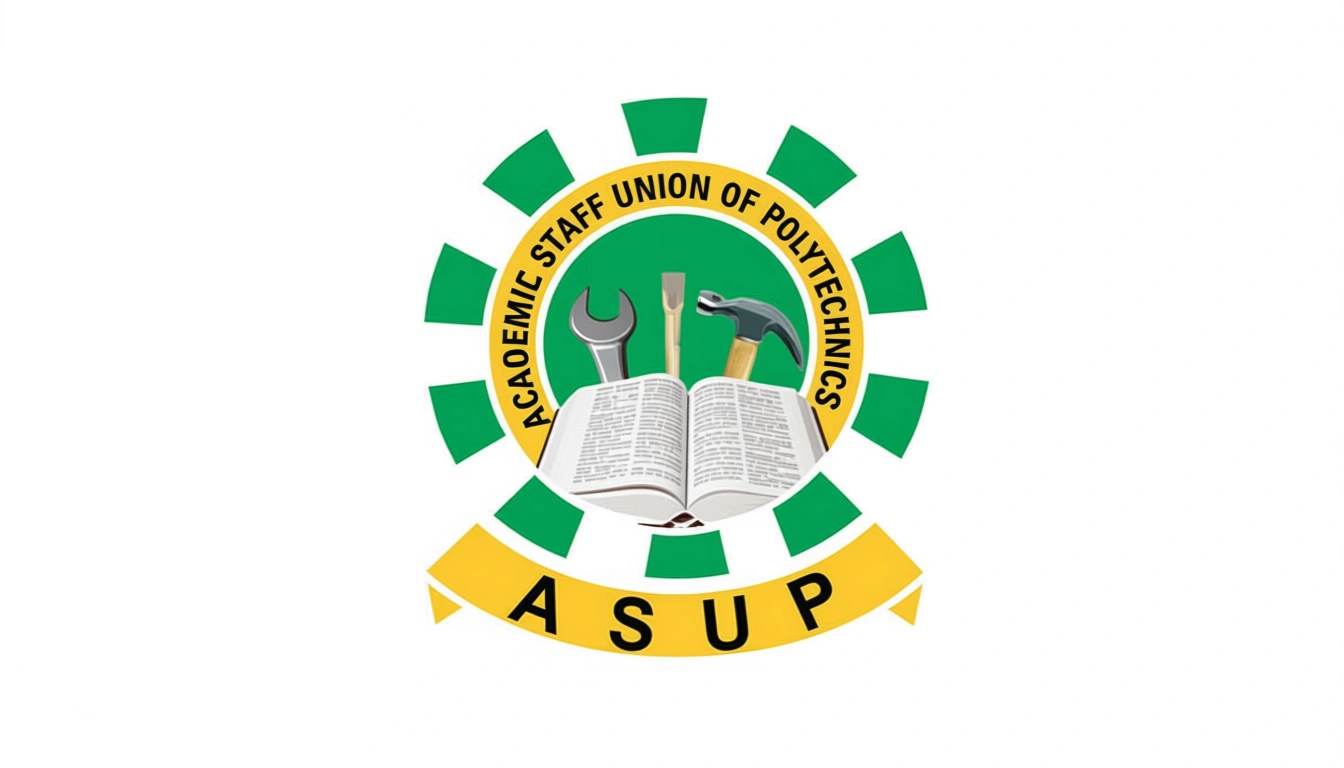
In the last 25 years, the Academic Staff Union of Universities (ASUU) has embarked on strikes for over 50 months (almost five years). Each strike leaves a trail of destruction of the higher education system, with almost nothing else to cherish of the public ivory towers. Beyond another industrial action, stakeholders reckon that the academics must find other means of demanding their rights without inflicting more injuries on all, OWEDE AGBAJILEKE reports.
Indications have emerged that the Federal Government and the Academic Staff Union of Universities (ASUU) may not resolve the lingering and knotty issues of welfare and renegotiated agreements outlined by the teachers before the expiration of the deadline given by the latter.
Even though the government had, last week, inaugurated the renegotiation committee to resume talks with the aggrieved union, there are still doubts over the possibility of the government meeting the union’s demands.
These fears are multiplied by the Federal Government’s outstanding obligation to implement the new N70,000 minimum wage, its significant debts, budget deficits, and alleged reliance on borrowings.
Further making ASUU’s demands to appear unrealistic at this moment, is the plethora of demands by other labour unions in the tertiary education sub-sector, including the Senior Staff Association of Nigerian Universities (SSANU); Non-Academic Staff Union of Educational and Associated Institutions (NASU); Academic Staff Union of Polytechnics (ASUP), and the College of Education Academic Staff Union (COEASU).
Over the years, ASUU has been at loggerheads with the Federal Government over issues bordering on the renegotiation of the FGN/ASUU 2009 agreement; withheld salaries; promotion arrears, funding for the revitalisation of public universities, and payment of earned academic allowances.
Other complaints include allegations of illegal recruitment; proliferation of public universities and abuse of rules and processes; treasury single account; use of new curriculum for universities; diversion of Tertiary Education Trust Fund (TETFund) intervention fund to the student loan scheme, and the implementation of the reports of visitation panels to universities.
Another grouse, that the lecturers have against the government, is that nine months after the Federal Executive Council (FEC) excluded universities, polytechnics, colleges of education, and other tertiary institutions from the Integrated Personnel Payroll Information System (IPPIS) payment platform, it is yet to be implemented.
It would be recalled that ASUU had issued a fresh ultimatum to the Federal Government to promptly address these outstanding issues that have encumbered the development of Nigerian universities.

According to ASUU President, Prof. Emmanuel Osodeke, the notice for an impending showdown has become necessary following a comprehensive review of the outcomes of the union’s previous engagements with the government.
Although both parties have met a few times, talks have, however, ended in a stalemate, as they failed to arrive at a middle ground.
It was gathered that while the government is asking for more time, the union is insisting that it has already shown sufficient patience, which has been exploited by the government.
A source, who attended some of the meetings involving both parties, said that despite the establishment of a joint committee aimed at resolving the outstanding issues, no tangible progress has been made.
“The government is now requesting a significant amount of time to thoroughly address ASUU’s demands, but the union remains adamant that its patience over the past 16 months has not yielded any meaningful results.
It lamented that the government’s prolonged delay in meeting its demands has been unjustifiably lengthy, and its members can no longer afford to wait indefinitely for actions to be taken.
Speaking at a press conference last month, Minister of Education, Prof. Tahir Mamman, attributed the delay in reaching a common ground to bureaucratic bottlenecks at the offices of the Accountant General of the Federation and the Ministry of Finance.
But in a last-minute effort to placate the union, the government has directed the exclusion of third-party research grant funds of federal universities and research institutions from the Treasury Single Account.
In a letter from the National Universities Commission (NUC) to vice-chancellors, Mamman, conveyed the president’s directive to the Coordinating Minister of Finance and National Economy, Wale Edun, mandating the exemption.
The directive also granted universities and research institutions the autonomy to operate their endowment fund accounts in commercial banks.
Speaking with The Guardian on the issue, a legal practitioner and Lead Director of the Centre for Social Justice, Eze Onyekpere, said that without proof of financial struggles, the Federal Government should honour ASUU’s legitimate claims by meeting its obligations, or by explaining in detail, why it can’t.
Onyekpere maintained that if any of those claims by ASUU are not illegal, the government should meet its obligations to avoid unpleasant consequences in the Nigeria University System (NUS).
“Why do we make apologies for a government that keeps borrowing? Did the government not tell us that it has increased revenue when it removed the fuel subsidy? Has it published any reports showing that it is not making enough money? If there is no official report indicating that the economy is down, or that we are borrowing to fund budgets, then, I see no reason why the government should not meet its responsibilities.”
Osodeke, in an interview with The Guardian, hinted that a National Executive Committee (NEC) meeting would be convened at the expiration of the ultimatum.
“When the deadline expires, we will call our colleagues for a meeting, brief them and they will decide on the next line of action. Our union takes a bottom-up approach not top-bottom,” he said.
When contacted, the Director of Press and Public Relations at the Federal Ministry of Education, Folasade Boriowo, confirmed that no date has been fixed for the next meeting.
Interestingly, despite the likelihood of some unpleasant actions by ASUU, Boriowo, in a statement, stated that the negotiations have witnessed “significant progress.”
In the statement titled: “Progress report: Education Revitalisation Efforts,” the director said: “The Minister of Education, Prof. Tahir Mamman, addressed ASUU members, acknowledging the collective efforts towards revitalising the education sector. While significant progress has been made, the minister emphasised the need for further collaboration and information gathering to address outstanding issues.
“A joint committee, established to focus on critical matters, has made notable headway, with valuable contacts and information exchange. However, more work is required to finalise decisions and move forward with concrete steps.”
Mamman expressed gratitude to ASUU members for their dedication, patience, and sacrifices, and reiterated the importance of continued collaboration to resolve pressing issues in the nation’s educational system.
Meanwhile, the union, through the University of Abuja (UNIABUJA) branch, said that it is still awaiting formal communication from the national body on the next line of action.
Chairman of the UNIABUJA Branch of ASUU, Dr Sylvanus Ugoh, said: “The national president will communicate with members on the next line of action at the expiration of the deadline.
Also, his counterpart in Nasarawa State University Keffi, Prof. Samuel Alu, said that a National Executive Council (NEC) meeting would be held after the expiration of the ultimatum.
Several students who shared their concerns with The Guardian expressed deep worry and frustration, stressing that another industrial action would further cripple academic activities, causing irreparable damage to their educational pursuits.
They feared that the strike would lead to a significant loss of learning time, causing them to fall behind their peers and potentially miss crucial deadlines for graduation, scholarships, and other opportunities.
Also, they were concerned that a fresh strike would exacerbate the already challenging learning environment, leading to decreased morale, increased stress, and a diminished overall academic experience.
Ese Eboigbe, a 400-level Business Administration student at the University of Abuja, said: “I have already suffered the consequences of several months of strike, watching helplessly as precious time slipped away from my academic calendar. Prolonged industrial action has not only disrupted my learning but also put my prospects at risk.
“That’s why I’m urging both ASUU and the Federal Government to put aside their differences and find a middle ground”.
On his part, Joshua Onweh, a student at the University of Ibadan (UI), called on both parties to prioritise the interests of students.
“It’s imperative that they work together to resolve their issues and save public universities from collapse. I implore both parties to prioritise the interests of students and find a solution that will keep us in class, ensuring that we can complete our education without any further interruption,” Onweh stated.
A senior lecturer at the University of Ibadan, who pleaded anonymity, lamented that the last time salaries of lecturers were reviewed in Nigeria was 13 years ago, which informed why ASUU is adamant about the 2009 agreement, which stipulated welfare package for lecturers, their entitlements, and how their salaries should be reviewed from time to time, among others.






